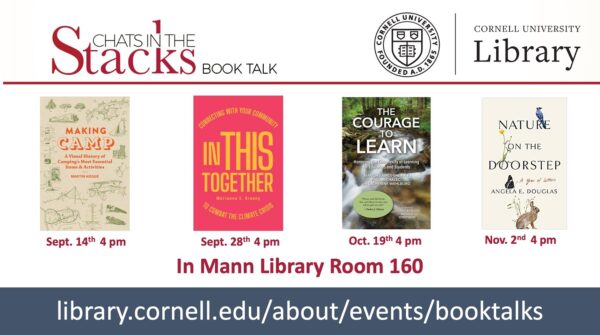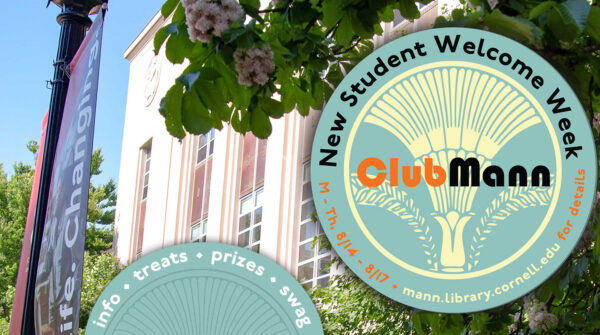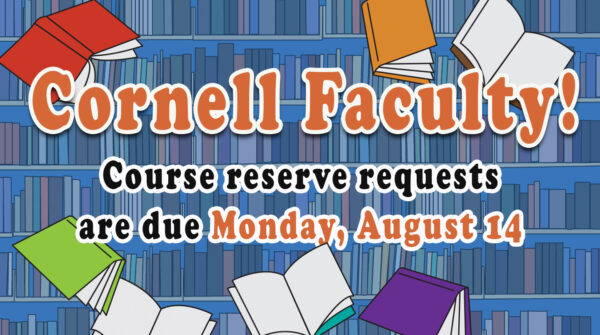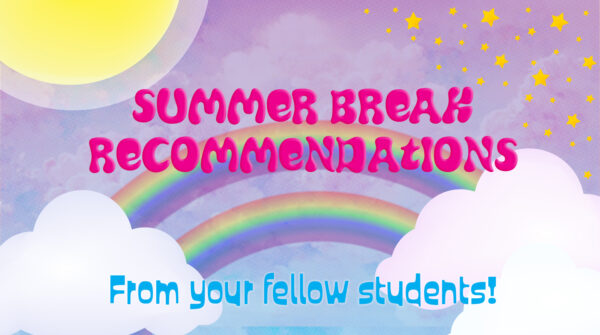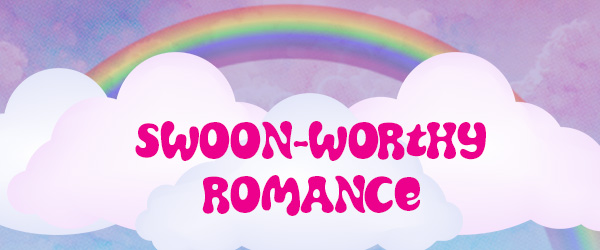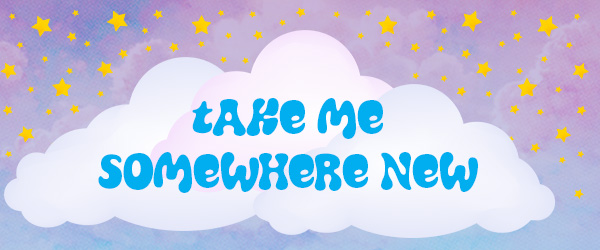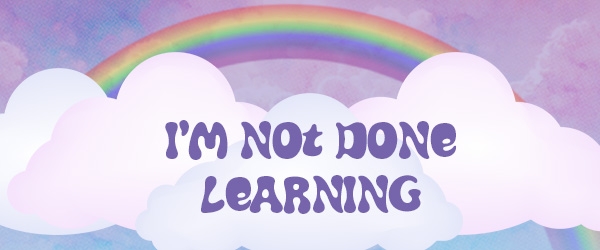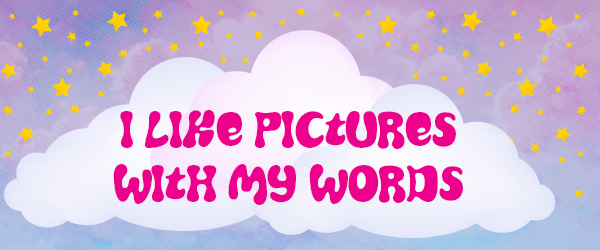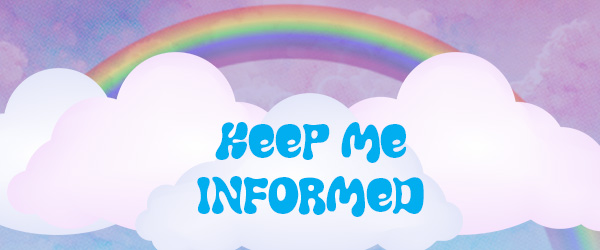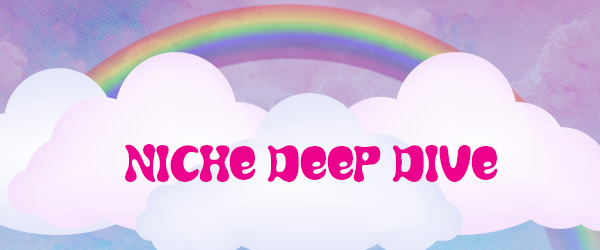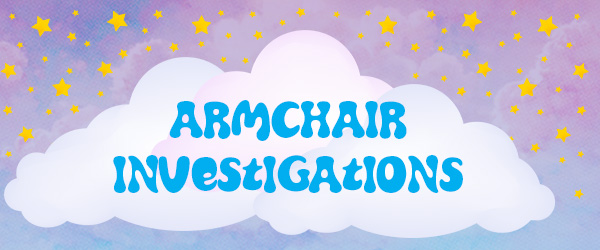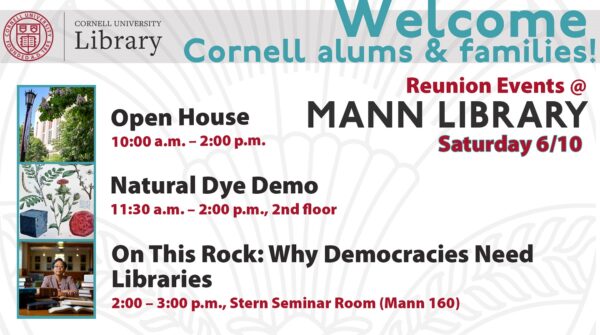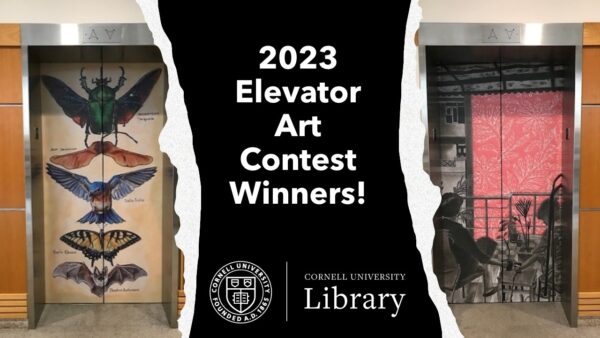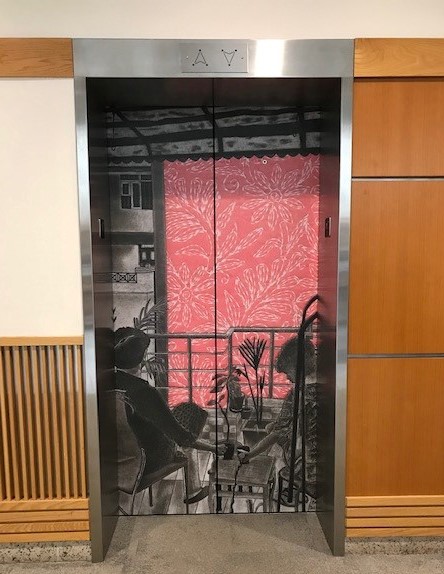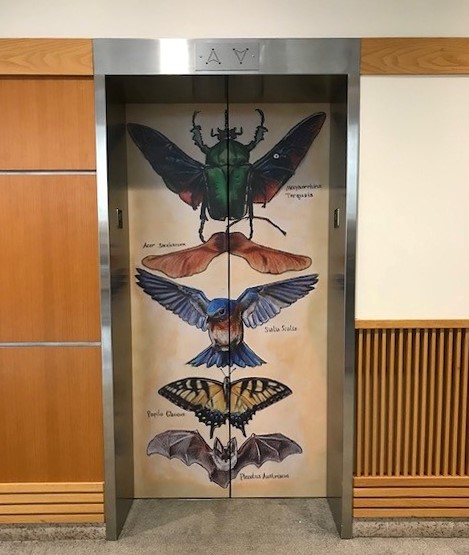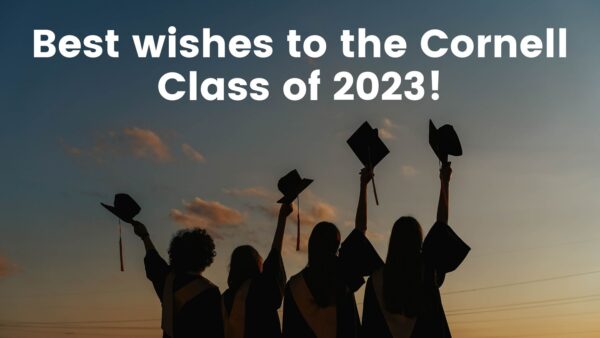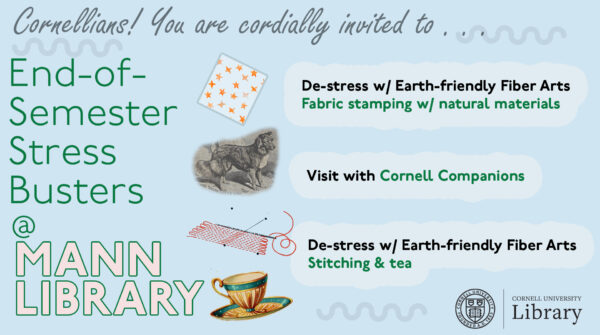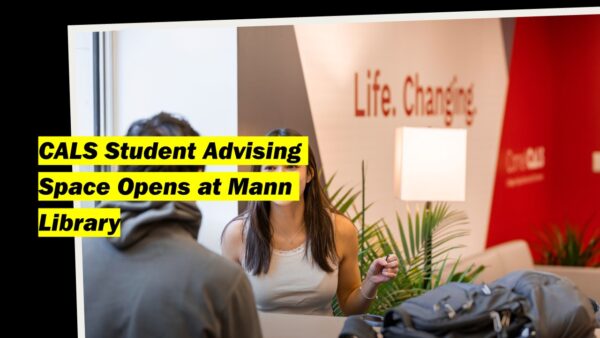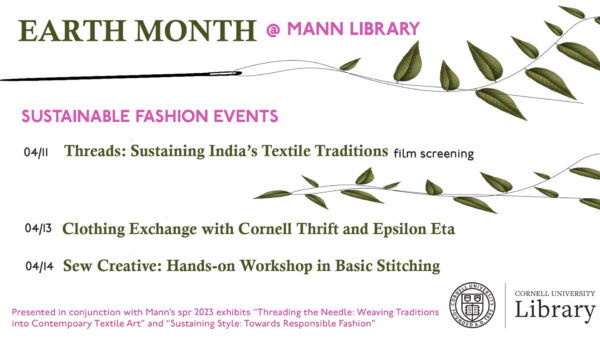Be sure to mark your calendars for our fall semester book talks! This semester, our Chats in the Stacks will be held in-person in Mann Library 160 and livestreamed. You can find all recordings of our past Chats in the Stacks on our YouTube channel.
Thursday, September 14, 4pm
Mann Library, Room 160 and livestreamed
Making Camp: A Visual History of Camping’s Most Essential Items and Activities
Martin Hogue, associate professor of landscape architecture, will discuss his new book Making Camp: A Visual History of Camping’s Most Essential Items and Activities (Princeton Architectural Press, 2023), in which he traces the radical transformation of recreational camping from the late nineteenth-century wilderness camp to our contemporary campgrounds with dense rows of individually numbered campsites. Utilizing drawings, patents, diagrams, sketches, paintings, advertisements, and historical photographs, Hogue shares the individual histories of key components that define this familiar and often generic spatial setting: the campsite, the campfire, the picnic table, the campground map, the tent, and the sleeping bag, as well as water distribution and trash collection systems. Hogue also argues that it is the subtle interplay between these various components—some already in place upon arrival, others imported by each occupant—that helps ensure the illusion that campers retain some agency in making their own camp.
Thursday, September 28, 4pm
Mann Library, Room 160 and livestreamed
In This Together: Connecting with Your Community to Combat the Climate Crisis
How can one person have a real impact on something as large as the climate crisis? In her new book In This Together: Connecting with Your Community to Combat the Climate Crisis (Cornell University Press, 2023) Marianne E. Krasny weaves together scholarly insights on behavioral and structural change with concrete examples of climate-forward initiatives to demonstrate practical ways individuals can connect with others to inspire hope and effect widespread change. Krasny, professor and director of graduate studies in natural resources and the environment, and director of the Cornell Civic Ecology Lab, will distill research on how to scale up individual climate actions–such as eating a plant-rich diet or advocating for climate policies–through Network Climate Action, or the leveraging of close-tie social networks that take climate action together.
Thursday, October 19, 4pm
Mann Library, Room 160, and livestreamed
The Courage to Learn: Honoring the Complexity of Learning for Educators and Students
It takes openness and true bravery to be able to learn, according to Marcia Eames-Sheavly, senior extension associate and senior lecturer emerita in the School of Integrative Plant Science, Horticulture Section. Eames-Sheavly will discuss her new co-authored book The Courage to Learn: Honoring the Complexity of Learning for Educators and Students (Stylus Publishing, 2023). Eames-Sheavly will explore the work’s implications for educational practice, how to help find and nurture courage in learners, as well as ask the audience to engage in conversation around these fundamental questions: How do we learn? Why is it necessary? What motivates us? And, who is the self that learns?
Thursday, November 2, 4pm
Mann Library, Room 160 and livestreamed
Nature on the Doorstep: A Year of Letters
There is magic just outside your door, says Angela E. Douglas, Daljit S. and Elaine Sarkaria Professor Emerita of Insect Physiology and Toxicology in the Department of Entomology. In her new book, Nature on the Doorstep: A Year of Letters (Cornell University Press, 2023), Douglas explores the many joys and curiosities of her own upstate New York yard, cultivated with nothing more advanced than “strategic neglect.” Douglas will share the simple pleasures of paying attention, and celebrate the important role even humble backyards can play in conservation efforts, and in our appreciation of the natural world.
